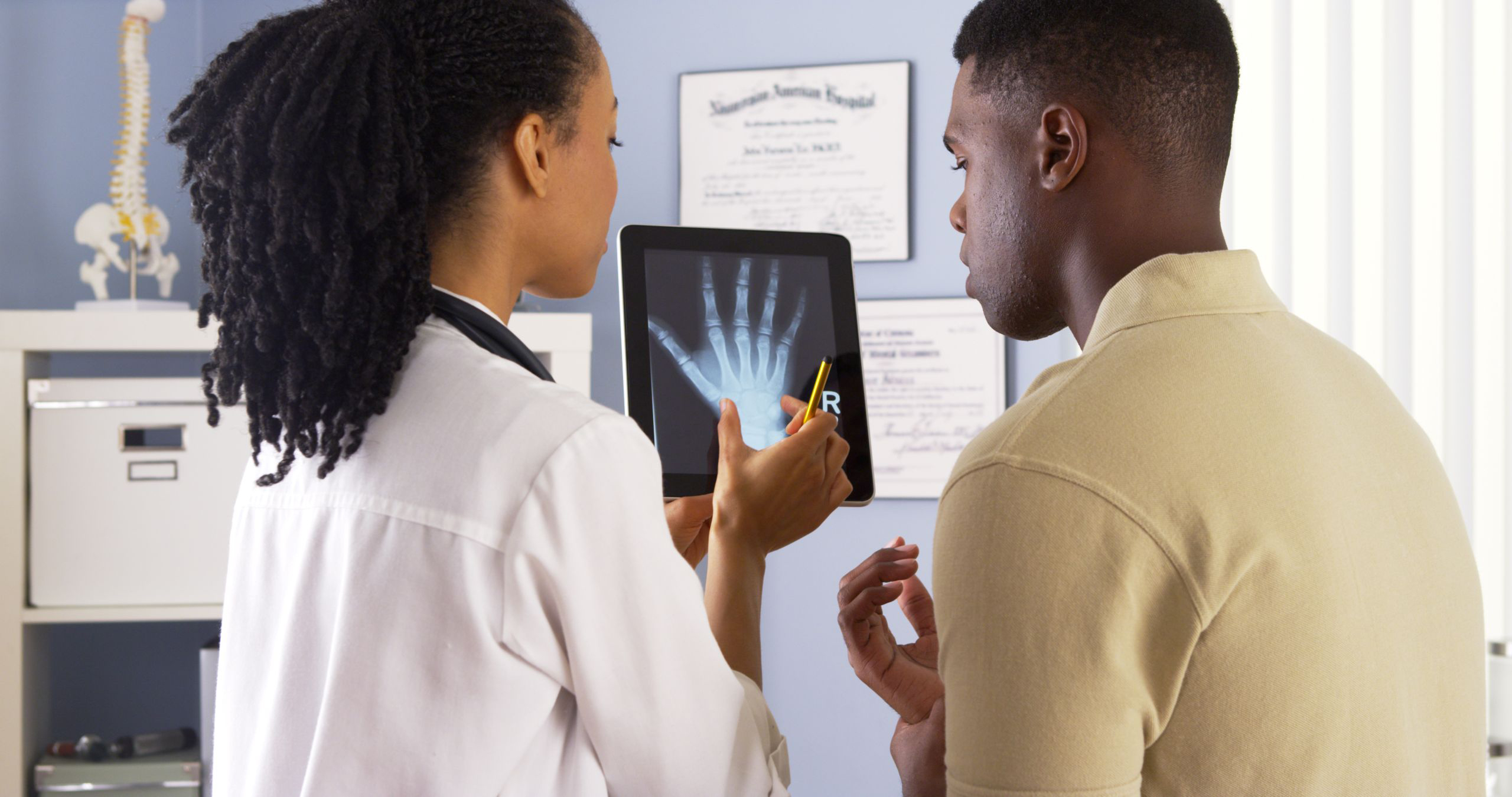
Radiography
Visualize yourself earning an associate degree in radiologic technology.
St. Luke’s College of Health Sciences offers comprehensive degree programs designed to prepare students for successful health care careers.

Explore our degrees to learn more about program requirements and curriculum.
St. Luke’s College of Health Sciences has received approval from the Pennsylvania Department of Education as an associate and baccalaureate degree granting institution. With our state approval in place, we are preparing to welcome our first class of students. The College will be seeking institutional accreditation from Middle States Commission on Higher Education and programmatic accreditation from the following:
*Application for accreditation does not guarantee accreditation.
The St. Luke’s College of Health Sciences Radiography Program will be pursuing accreditation from the Joint Review Committee on Education in Radiologic Technology (JRCERT).
The Joint Review Committee on Education in Radiologic Technology
20 North Wacker Drive, Suite 2850
Chicago, IL 60606-3182
(312) 704-5300
mail@jrcert.org
The St. Luke’s College of Health Sciences Respiratory Care program will be pursuing accreditation from the Commission on Accreditation for Respiratory Care (CoARC).
CoARC
264 Precision Blvd.
Telford, TN 37690
Telephone: 817-283-2835
Email: webmaster@coarc.com
The St. Luke’s College of Health Sciences RN to BSN Program will be pursuing accreditation from the Commission on Collegiate Nursing Education (CCNE).
Commission on Collegiate Nursing Education
655 K Street NW, Suite 750
Washington, DC 20001
Telephone: 202-887-6791
Please note: Application for accreditation does not guarantee accreditation.
Upon completion of the curriculum at St. Luke’s College of Health Sciences, graduates will be equipped with valuable sets of skills:

Begin your journey toward becoming a health care professional with high-level classroom and hands-on clinical learning.